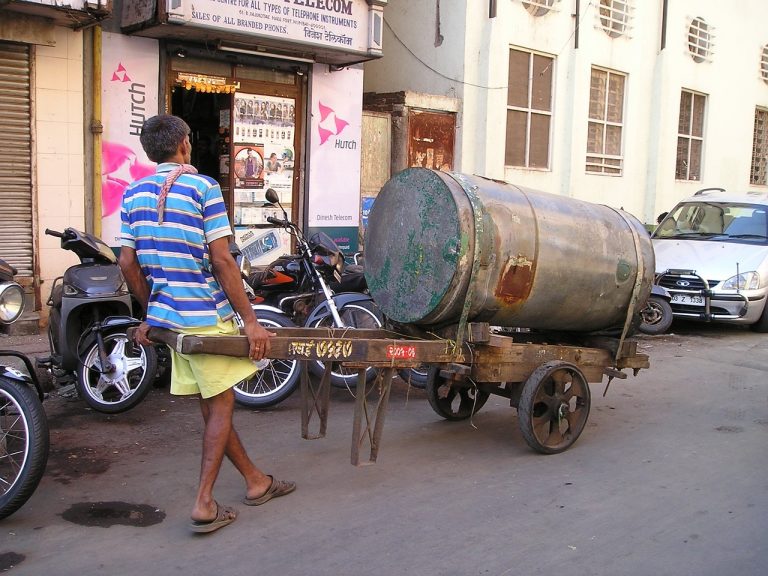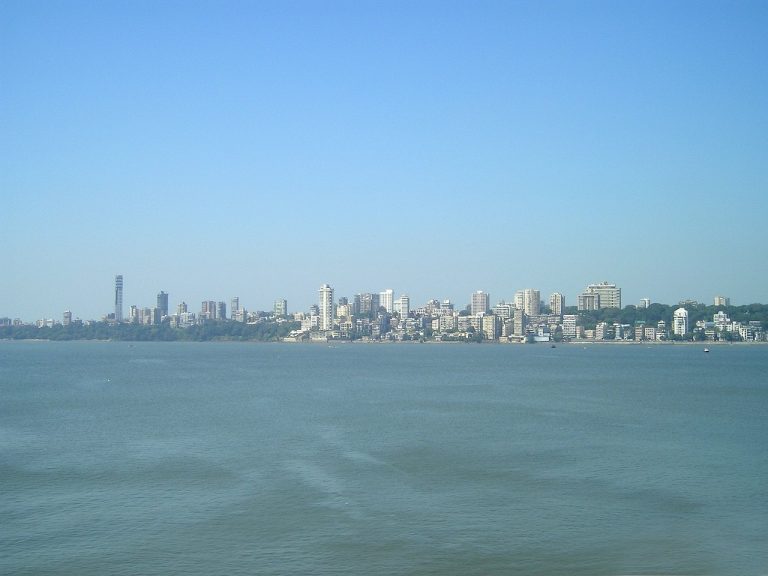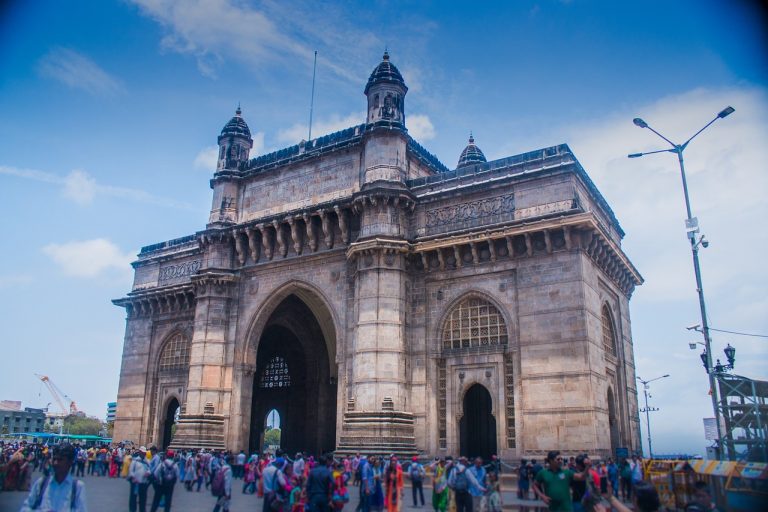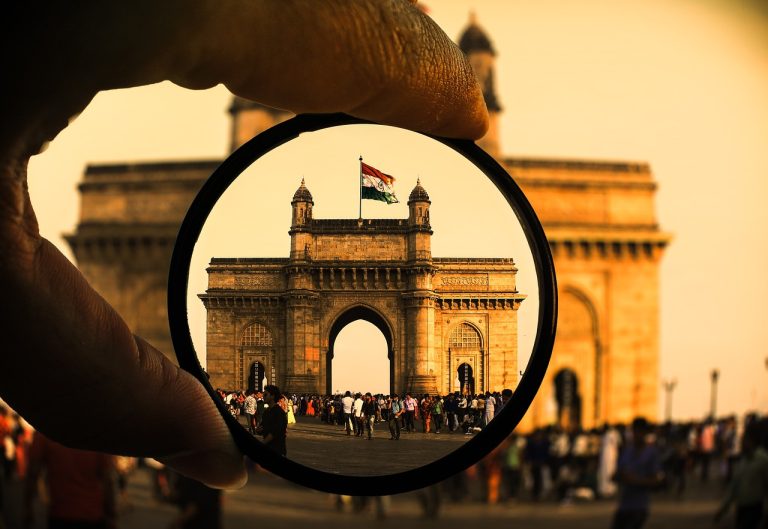Mumbai India Video
Navigating Mumbai India: Overcoming Travel Challenges
Mumbai, formerly known as Bombay, is the largest city in India and a bustling metropolis that offers a blend of history, culture, and modernity. Navigating Mumbai can be an exciting adventure, but it also comes with its fair share of challenges. In this article, we will explore some of the common obstacles travelers may face while exploring Mumbai and provide tips on how to overcome them.
Transportation
Public Transportation: Mumbai has a well-developed public transportation system that includes buses, trains, and auto-rickshaws. Utilizing these modes of transport can be an efficient way to navigate the city. However, it is important to note that public transportation can be crowded, especially during peak hours. To avoid the rush, try to plan your travel outside of the busiest times.
Taxis and Rideshares: Taxis and rideshare services like Uber and Ola are popular options for getting around Mumbai. These services provide a convenient and comfortable way to travel, especially for longer distances. Make sure to check the estimated fare before starting your journey and always choose licensed taxis or authorized rideshare vehicles.
Local Trains: Mumbai’s local train network is a lifeline for many residents. While it can be an efficient way to travel, the trains can get extremely crowded, especially during rush hours. If you plan to use the local trains, consider avoiding peak times or opt for first-class compartments for a more comfortable experience.
Navigation Apps: Downloading a reliable navigation app like Google Maps can be incredibly helpful in navigating the streets of Mumbai. These apps provide real-time traffic updates, alternative routes, and can guide you through the city’s complex road network.
Mumbai India Image 1: 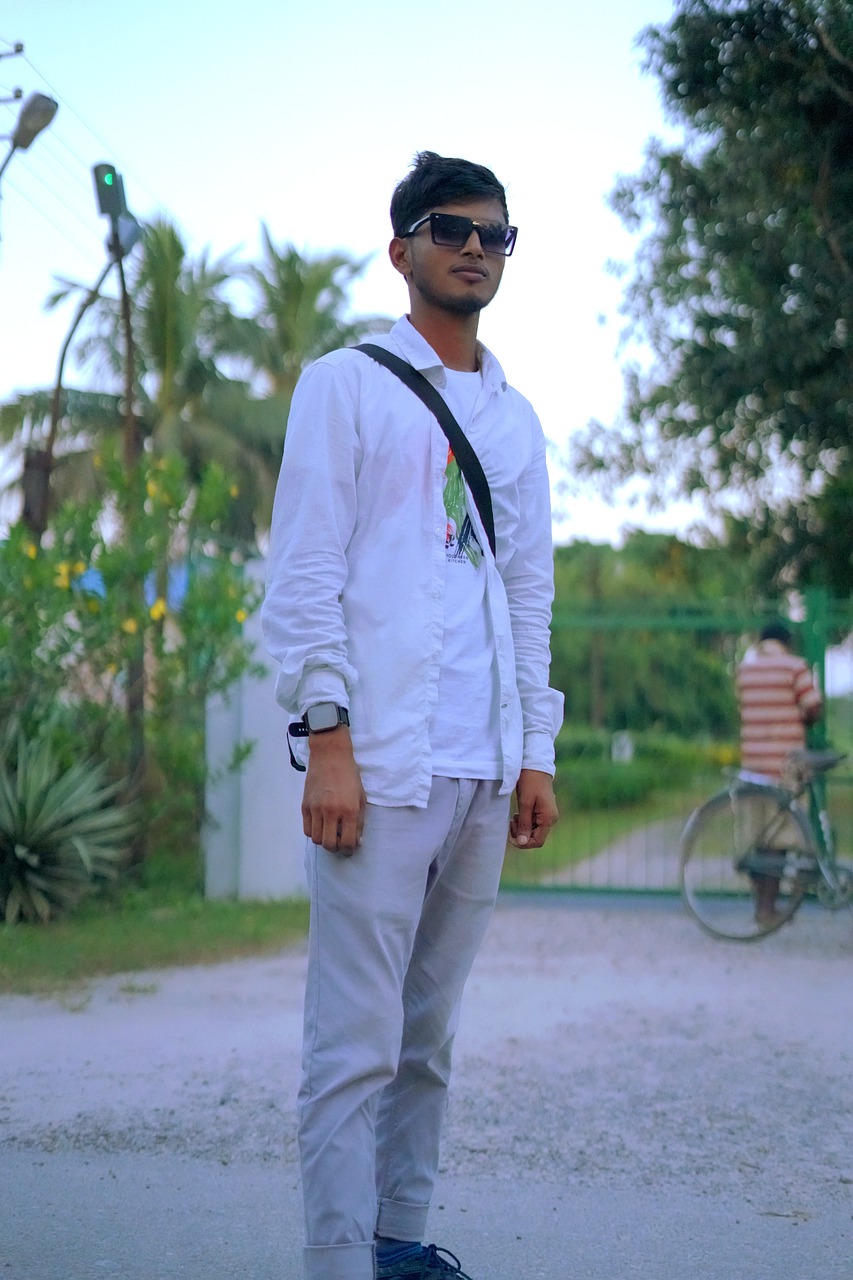
Language and Communication
Official Language: The official language of Mumbai is Marathi, but English is widely spoken and understood, especially in tourist areas, hotels, and restaurants. It is advisable to learn a few basic phrases in the local language to help with communication.
Local Dialects: Mumbai is a melting pot of cultures, and you may come across various dialects and languages spoken by different communities. While English will generally suffice, it can be helpful to have a translation app or a local guide who can assist with communication in specific situations.
Emergency Numbers: It is essential to keep a list of emergency numbers handy while traveling in Mumbai. The national emergency number for police, ambulance, and fire services is 112. Additionally, you can also dial 100 for police assistance and 101 for fire emergencies.
Mumbai India Image 2: 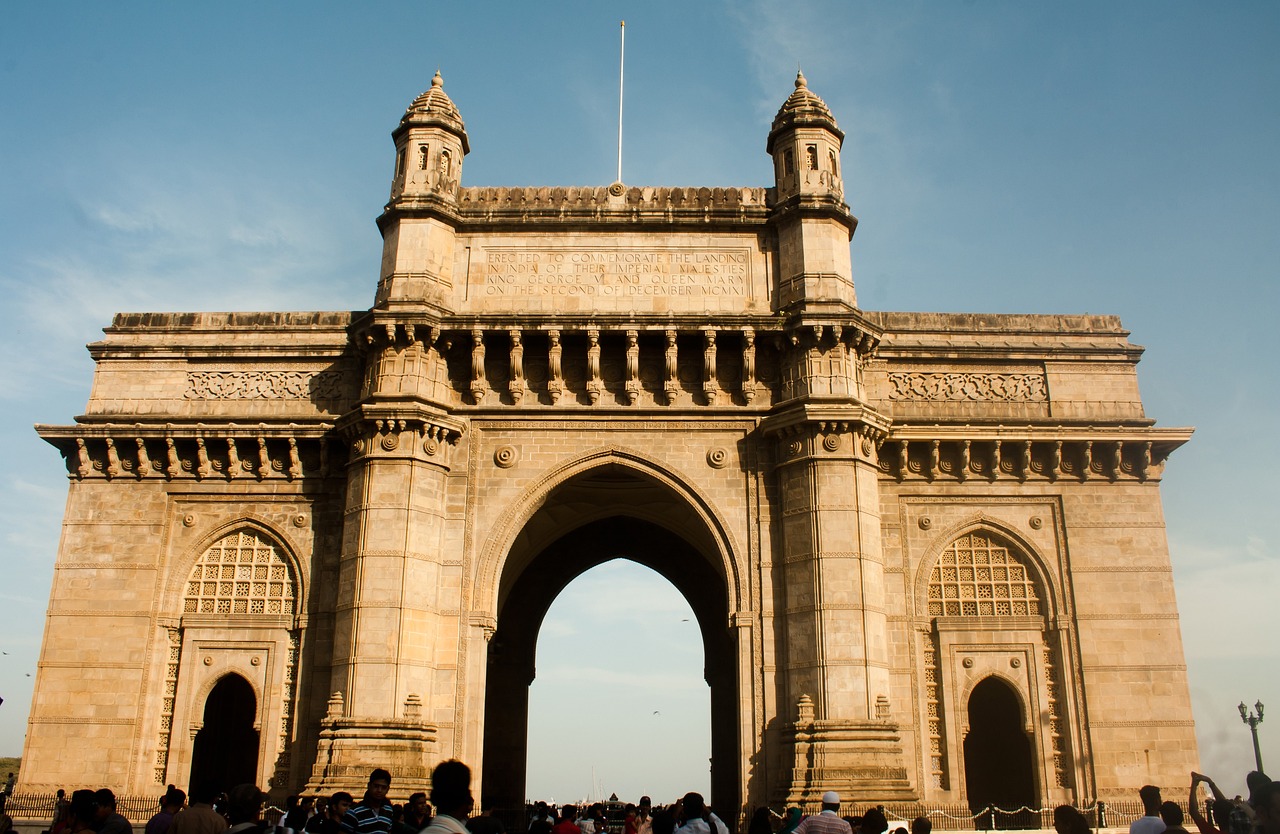
Street Food and Hygiene
Exploring Street Food: Mumbai is famous for its street food culture, offering a wide variety of delicious snacks and dishes. While street food can be a delightful culinary experience, it is crucial to be cautious about hygiene. Look for stalls that are clean and have a high turnover of customers, as it indicates fresh food.
Water Safety: It is advisable to drink bottled water or opt for packaged beverages to ensure water safety. Avoid consuming tap water or ice made from tap water to prevent waterborne illnesses.
Hand Hygiene: Maintaining proper hand hygiene is essential when exploring Mumbai. Carry hand sanitizers or wet wipes to clean your hands before and after meals, especially when dining at street food stalls.
Mumbai India Image 3: 
Cultural Etiquette
Dress Code: Mumbai is a cosmopolitan city, but it is advisable to dress modestly, especially when visiting religious sites or attending formal events. Opt for clothing that covers your shoulders and knees to show respect for local customs and traditions.
Respecting Religious Sites: Mumbai is home to various religious sites, including temples, mosques, and churches. When visiting these places, ensure you are dressed appropriately and follow any specific guidelines provided. Remember to remove your shoes before entering certain religious spaces.
Greetings and Gestures: Indians typically greet each other with a Namaste, which involves folding hands together and bowing slightly. While handshakes are also common, it is best to wait for the other person to initiate physical contact.
Money Matters
Currency Exchange: It is advisable to exchange your currency at authorized exchange centers or banks to ensure fair rates. Avoid exchanging money from unauthorized sources or street vendors to prevent counterfeit currency.
Cash and Cards: While cash is widely accepted in Mumbai, it is recommended to carry smaller denominations for convenience. Credit and debit cards are also widely accepted, especially in hotels, restaurants, and larger establishments. However, it is always good to carry some cash for smaller vendors or in case of emergencies.
Safety and Security
Personal Belongings: Keep a close eye on your personal belongings, especially in crowded places like markets and public transportation. Avoid carrying large amounts of cash or expensive jewelry to minimize the risk of theft.
Travel Insurance: It is always wise to have travel insurance that covers medical emergencies, trip cancellations, and lost baggage. Check with your insurance provider to ensure you have adequate coverage during your stay in Mumbai.
Emergency Contact Information: Keep a copy of important contact information, including your embassy or consulate details, local emergency services, and your accommodation’s contact information. In case of any emergencies, you will have the necessary information readily available.
Conclusion
Navigating Mumbai can be an exciting and rewarding experience, but it is essential to be prepared for the challenges that may arise. By understanding the local transportation system, respecting cultural norms, and taking necessary safety precautions, you can make the most of your time in this vibrant city. Embrace the diversity, savor the flavors, and immerse yourself in the rich history and culture that Mumbai has to offer.
References
– lonelyplanet.com
– india.gov.in
– mumbailive.com
– tripadvisor.in


